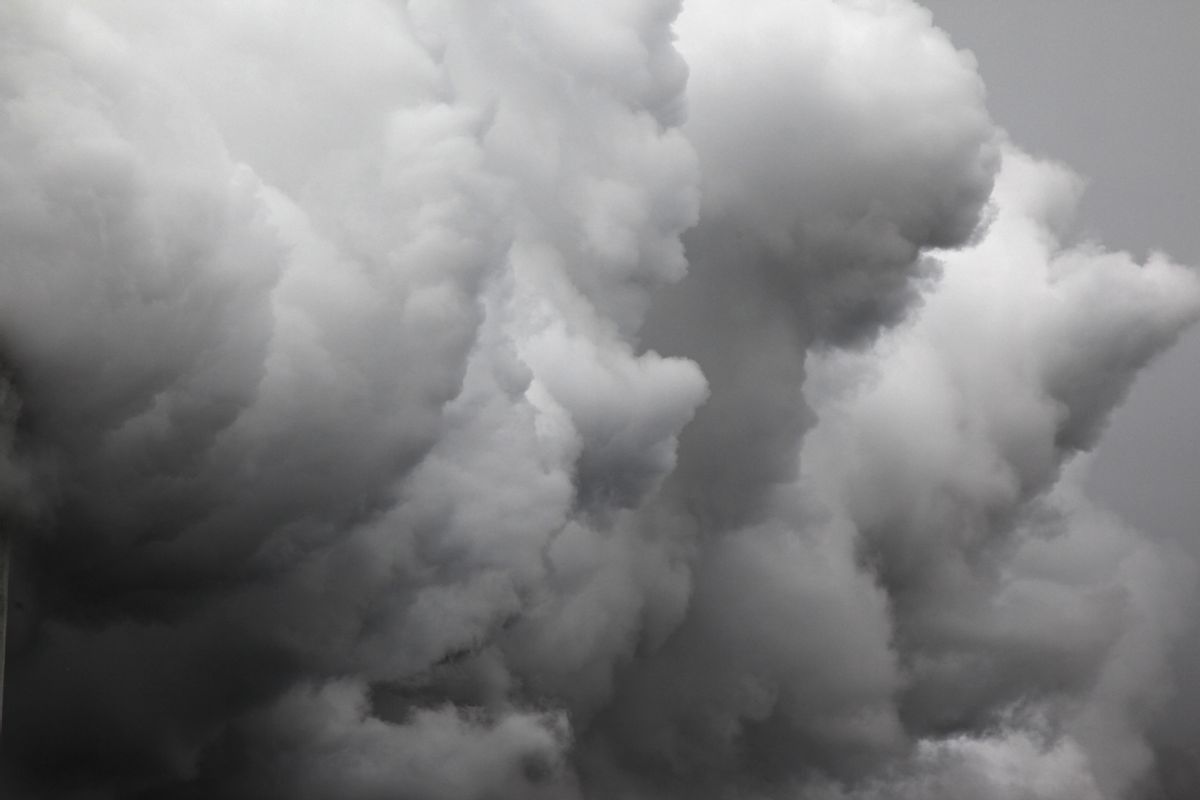The main driver of climate change is carbon dioxide. So the fact that it is rising at rates unseen in the instrumental record — and likely much longer than that — is cause for alarm.
Yet here we are.
_720_492_s_c1_c_c.jpg)
For the second year in a row, carbon dioxide concentrations as measured at Mauna Loa Observatory rose at a record-fast clip, according to new data released by the Environmental System Research Laboratory (ESRL). The annual growth of 3 parts per million in 2016 is the slightest shade below the jump in 2015 of 3.03 ppm. Both years mark the first time carbon dioxide has risen more than 3 ppm in a single year in ESRL’s 59 years of monitoring.
An exceptionally strong El Niño helped kick the numbers up a bit, but ever-increasing carbon pollution is the main driver behind the uptick. The annual growth rate has increased since record keeping began in 1960 from just under 1 ppm in the 1960s to more than 2.4 ppm through the first half of the 2010s. The past two years have set a record for the fastest annual growth rate on record.
Those seemingly incremental increases bely the major changes taking place. The atmosphere hasn’t experienced anything like this in a long, long time.
“The rate of carbon dioxide growth over the last decade is 100 to 200 times faster than what the Earth experienced during the transition from the last Ice Age,” Pieter Tans, an atmospheric scientist at ESRL, said in a press release. “This is a real shock to the atmosphere.”
Prior to the Industrial Revolution, carbon dioxide stood at roughly 280 ppm. Since then, human activities have committed a massive amount of carbon pollution to the atmosphere. It has driven carbon dioxide levels to record highs year after year.

Last year marked a milestone, with levels passing the 400 ppm mark permanently. This year scientists expect carbon dioxide to briefly reach 410 ppm this spring before the seasonal cycle of northern plant growth brings it back down a bit, continuing the ever-rising seesaw.
The rapid rise of carbon dioxide and other greenhouse gases in the atmosphere has caused the planet to warm roughly 1.8°F since the start of the Industrial Revolution. The world has had back-to-back-to-back hottest years on record since 2014. The corresponding heat has also caused glaciers to melt, seas to rise and altered atmospheric circulation patterns around the globe.
The announcement of a fastest two-year carbon dioxide rise in history comes the day after Scott Pruitt, the new head of the Environmental Protection Agency, said he doesn’t think carbon dioxide is the main driver of climate change, a false claim. Decades of research have shown that human carbon pollution is the biggest driver of climate change, and its impact on the climate are becoming harder to deny everyday.



Shares